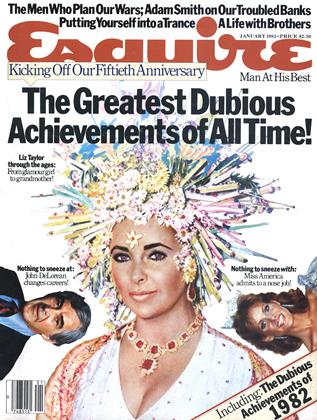
 An Interview with William Proxmire : basic research has a place, says the man with the Golden Fleece
by
An Interview with William Proxmire : basic research has a place, says the man with the Golden Fleece
by
 Golden Fleece Awards, 1975-1987
by
Golden Fleece Awards, 1975-1987
by

Peer-review is an evaluation process in which qualified individuals within specialized field of study reviews literature before it becomes published in academic journals. This process helps keep standards held by the profession, improves the quality of work being published, and provides credibility & reliability to published works & authors publishing the work. The 3-minute video below describes and discusses the importance of peer-review and its process.
 (NCSU video, 3:15 min.)
(NCSU video, 3:15 min.)
Many databases offer a quick way limit your results to peer review literature. Databases, such as Academic Search Premier, have a box to check for scholarly, peer-reviewed articles. Below is a screenshot of a database that has a check-box to limit results only to scholarly, peer-reviewed articles.
